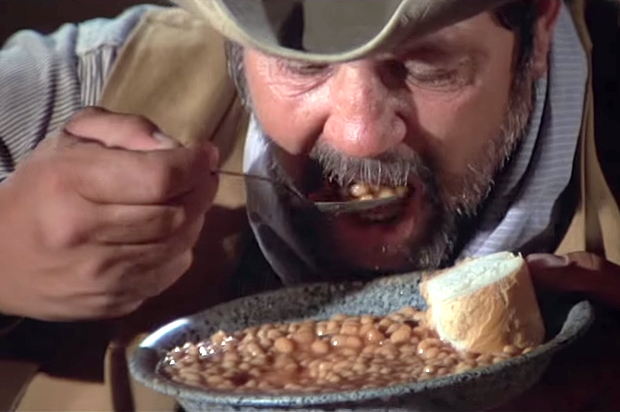The answer to the age-old question is no longer blowing in the wind
The question of who let off the stink bomb might have finally been resolved.
While the term “old fart” suggests that older people are more often to blame, new research points the finger in the other direction.
A survey of 16,000 Americans showed that flatus is actually more common in younger people than older people. The research drew on data collected by MyGiHealth, a mobile app that collects GI symptom information in the US. Study participants were asked about the frequency of flatulence over the past seven days.
The majority of participants reported passing flatus at least every three to four hours. Those aged 65 and over broke wind less often than the 18 to 44 year olds. The 45 to 64 age group also produced less gas than the younger study participants.
“A literal interpretation of the term ‘old fart’ suggests that elderly individuals break wind more often,” the authors said.
“However, in a large, population-based survey … we found that increasing age was independently associated with decreased – not increased – flatulence frequency.”
This could be explained by the decreased intestinal motility in older people due to comorbidities and medications , which slow the digestive system down, the authors wrote.
“Older individuals may consume a diet lower in fermentable oligo-, di-, mono-saccharides and polyols vs their younger counterparts,” they said.
“This leads to less fermentation of poorly digested carbohydrates and decreased flatus production.” The researchers declared the ‘old fart’ myth busted. “‘Young fart’ appears more apt,” they said. Clin Gastroenterol Hepatol. 2017 Mar 23


